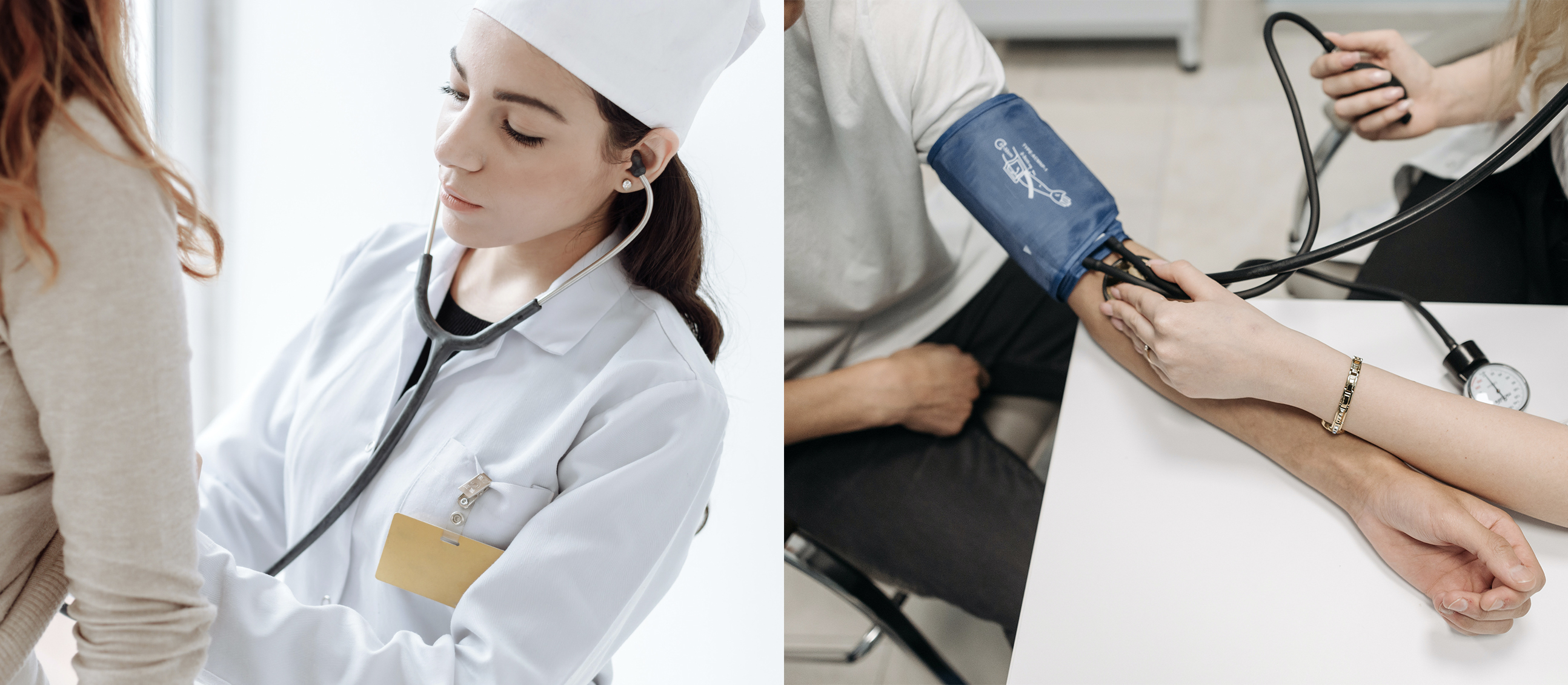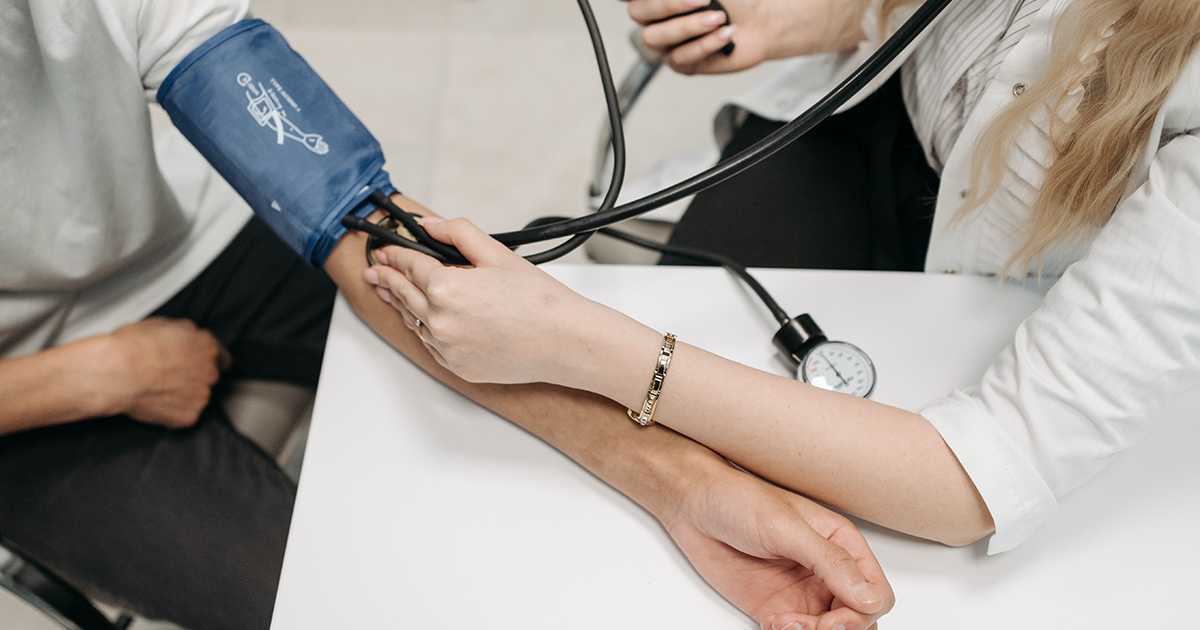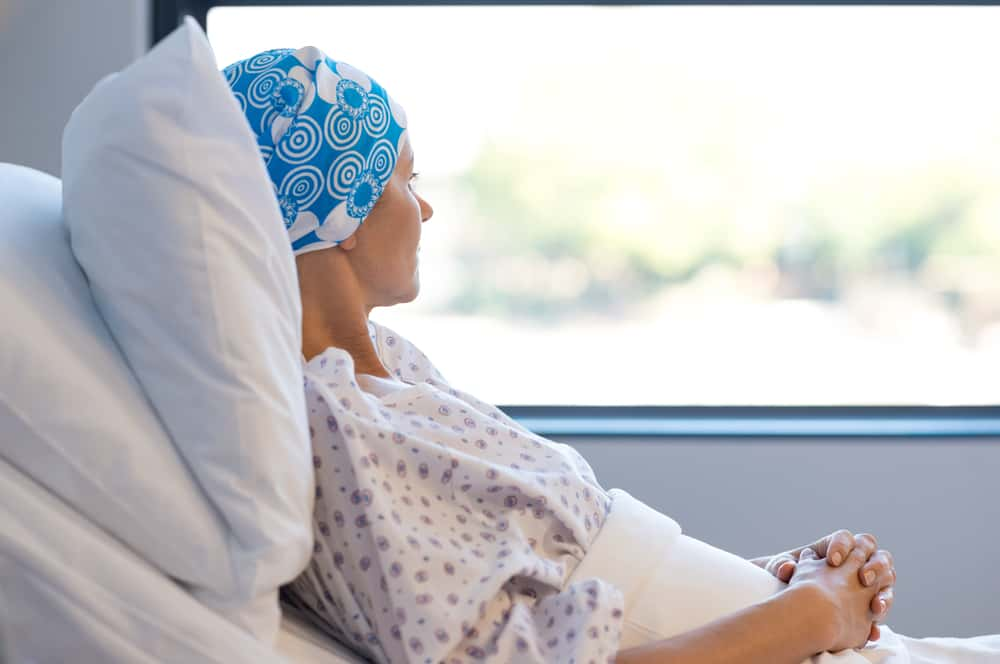In the realm of health, prevention is truly the best medicine. Regular health screenings serve as the unsung heroes in the battle against diseases, providing a proactive shield that can make all the difference.
Let's dive into the vital role of regular health screenings and explore the statistics that underscore their life-saving impact, especially in the context of the United States.
1. Early Detection, Big Rewards

The saying "catch it early, cure it easily" couldn't be more true.
Regular screenings can detect potential health issues long before symptoms arise, enabling healthcare professionals to intervene swiftly.
For instance, breast cancer screenings such as mammograms have led to earlier detection, increasing the 5-year survival rate to a remarkable 90% in the US.
2. The Silent Danger: High Blood Pressure
High blood pressure, often dubbed the "silent slayer," can wreak havoc without showing noticeable symptoms.
Regular blood pressure checks are crucial, considering that 1 in 3 adults in the US has hypertension.
Early identification allows for timely interventions through lifestyle changes or medication, preventing heart attacks, strokes, and other complications.
3. Diabetes: A Growing Concern
Diabetes continues to surge, affecting over 34 million Americans.
Regular screenings, including blood sugar tests, are instrumental in identifying prediabetes or diabetes early on.
Early management can significantly reduce the risk of complications like heart disease, kidney problems, and nerve damage.
4. Colorectal Cancer: Nipping It In The Bud
Colorectal cancer is the third most common cancer in the US, with over 150,000 cases diagnosed each year.
However, when caught in its early stages through regular screenings like colonoscopies, the 5-year survival rate jumps to an impressive 90%.
These screenings empower individuals to take proactive steps for their health.
5. The Power Of Prevention
Regular health screenings are a testament to the power of prevention.
By identifying risks and addressing potential issues early, individuals can embrace lifestyle changes, adopt healthier habits, and work alongside healthcare professionals to reduce the impact of diseases and lead longer, healthier lives.
6. Tailored To You
Screenings aren't one-size-fits-all; they're tailored to your age, gender, and risk factors. Your healthcare provider will recommend the right screenings based on your medical history and individual profile, ensuring that you receive the care that's most relevant to you.
Bonus Insight: Mental Health Matters
While physical health screenings are vital, don't forget about your mental well-being. Regular check-ins with a mental health professional can identify signs of anxiety, depression, or other conditions, allowing for timely interventions and support.
Final Thought: Make It A Routine
In the grand tapestry of life, regular health screenings are the threads that weave a vibrant and resilient fabric. Armed with the power of early detection and prevention, individuals can stay ahead of potential health challenges and rewrite the narrative of their well-being.
So, whether it's cancer screenings, blood pressure checks, or diabetes tests, remember that these routine measures hold the potential to save lives and champion a future of health and vitality.








